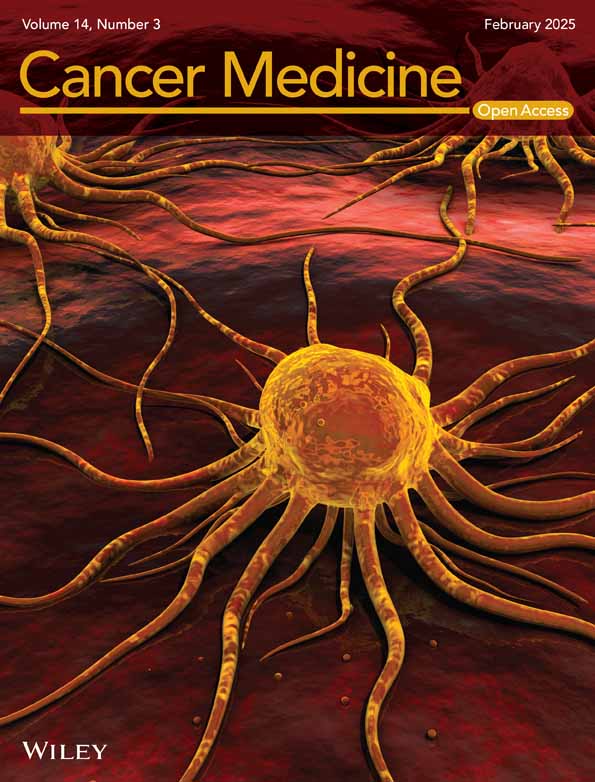Elevated Neutrophil-to-Lymphocyte Ratio Correlates With Liver Metastases and Poor Immunotherapy Response in Stage IV Melanoma
Funding: The authors received no specific funding for this work.
ABSTRACT
Background and Objectives
Immune checkpoint inhibition (ICI) has revolutionized treatment for metastasized melanoma, but many patients remain unresponsive. Concerning potential adverse events, reliable biomarkers to predict ICI response are needed. In this context, neutrophil-to-lymphocyte ratio (NLR) and derived NLR (dNLR) have emerged. Liver metastases also limit ICI efficacy, correlating with diminished overall survival (OS) and progression-free survival (PFS) and may siphon activated T cells from the systemic circulation, creating an ‘immune desert state’. We evaluated the predictive role of NLR and dNLR for ICI response and the impact of liver metastases on systemic immunity and treatment efficacy.
Patients and Methods
In this single-center retrospective study, we included 141 stage IV melanoma patients undergoing ICI. NLR and dNLR were calculated from absolute neutrophil count, absolute lymphocyte count, and white blood cell count.
Results
Elevated NLR and dNLR were associated with poor response to ICI and inferior PFS. Patients with liver metastases exhibited higher NLR and dNLR levels and showed diminished response to ICI.
Conclusions
Elevated baseline NLR and dNLR predict poor response to ICI and PFS in stage IV melanoma. Liver metastases are negative predictors for ICI response, with associated higher NLR and dNLR levels potentially contributing to therapy resistance.
Conflicts of Interest
The authors declare no conflicts of interest.
Open Research
Data Availability Statement
The data that support the findings of this study are available from the corresponding author upon reasonable request.




